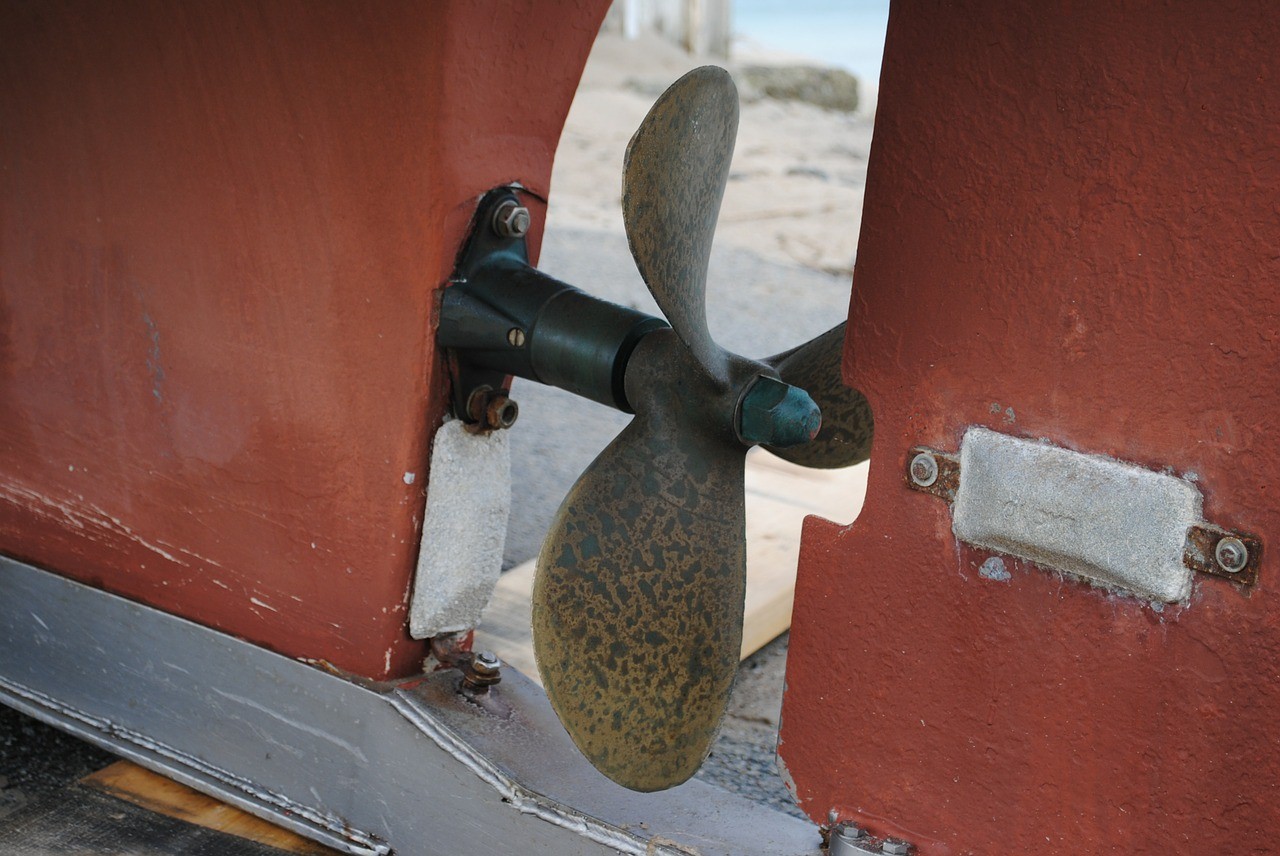Did you know that the salt you put on your food and eventually into your system is capable of corroding metal? A compound of sodium and chloride, salt can quite be caustic on certain materials. You don’t have to worry, though, because your body does not respond similarly when in contact with salt. (Of course, like with any other food additive, you have to keep your salt intake in check to avoid problems) It’s just that metal and salt don’t mix well together.
Surprisingly, even metals with high corrosion resistance won’t stand a chance when exposed to salt for a long period. You may think that well-known corrosion-resistant metals like copper, bronze, and brass might pull it off but the truth is they, too, will corrode when dipped in salt solution.
How Saltwater Affects Metal
Metal corrosion due to salt is one of the toughest problems faced by designers of sea vessels and equipment. Saltwater can corrode metal in many ways. There is the so-called electrochemical corrosion, which occurs when the ions in salt water attract the electrons of the metal dipped in it. When atoms lose their electrons, the metal’s molecular structure begins to collapse, resulting in corrosion.
Another type of corrosion that is caused by salt on metal is called anaerobic. When metal is drenched in saltwater for a long time, sulfate-containing substances will begin to deposit on its surface. Some of these substances may contain hydrogen sulfate, which is particularly corrosive because of hydrogen. Some types of bacteria, which also grow in saltwater and attach on the metal surface, may produce hydrogen and trigger corrosion as well.
Enhancing the Properties of Brass
Metallurgists found a way to improve the corrosion resistance of metals, particularly brass. Apart from improving the galvanization and coating methods, they’ve also enhanced the content of brass. Typically, brass is made of certain amounts of copper and zinc. Adding a little bit of tin into the alloy can actually increase the corrosion resistance of the resulting metal.
This new metal, called naval brass, is a high-strength and corrosion-resistant alloy containing around 60 percent copper, 39 percent zinc, and 1 percent tin. Because of its increased toughness and corrosion resistance, it is suitable for both salt and freshwater applications. Most of today’s propeller shafts, marine hardware, decorative fittings, shafting, propeller shafts, and turn buckles are made of naval brass.
Finding Quality Naval Brass
Finding high-quality naval brass can be difficult, since it’s produced for high-end industrial and machining applications. You need to make sure that it has the perfect mixture of copper, zinc, and tin so that it will have the properties that suit your needs. Ask about the manufacturing process as well. In fact, it would be best to visit the manufacturing site to find out the types of machines they use to produce the metal. The right machines and processes will produce naval brass with little to no impurities, which also affect the stability of the metal.
Look for a reputable metal supplier like Rotax Metals that can deliver the products you need when you need it. This is the only way you can ensure the success of your project.
Sources:
The Effects of Saltwater on Metals, Sciencing.com
Will brass corrode in Saltwater?, Eng-Tips.com


